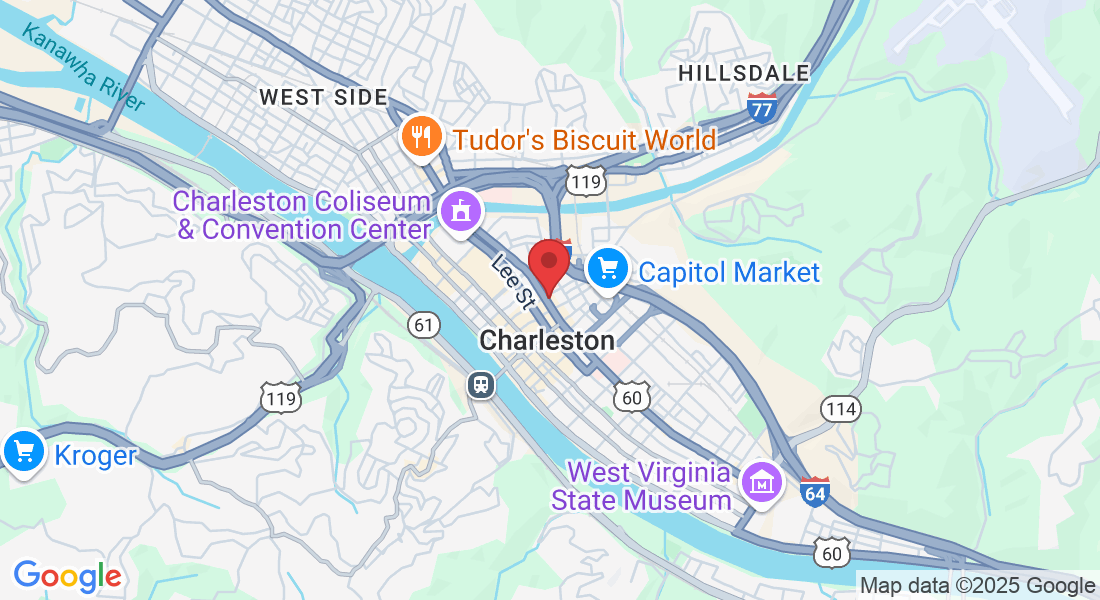Blog
No blogs found
Get In Touch Today!
Struggling with a legal issue? Chris Pritt Law, PLLC offers experienced support to help you achieve the best outcomes. Our attorneys are dedicated, detail-focused, and deeply connected to the community.
Address: 700 Washington Street, East Suite 204 Charleston, West Virginia 25301
Phone: (304) 720‐4412
Email: [email protected]
OFFICE HOURS
Monday-Friday: 8:30am – 5pm
Saturday & Sunday: Closed
Company Info
© Copyright 2025 | Chris Pritt Law, PLLC | Powered By Local Impact Agency


